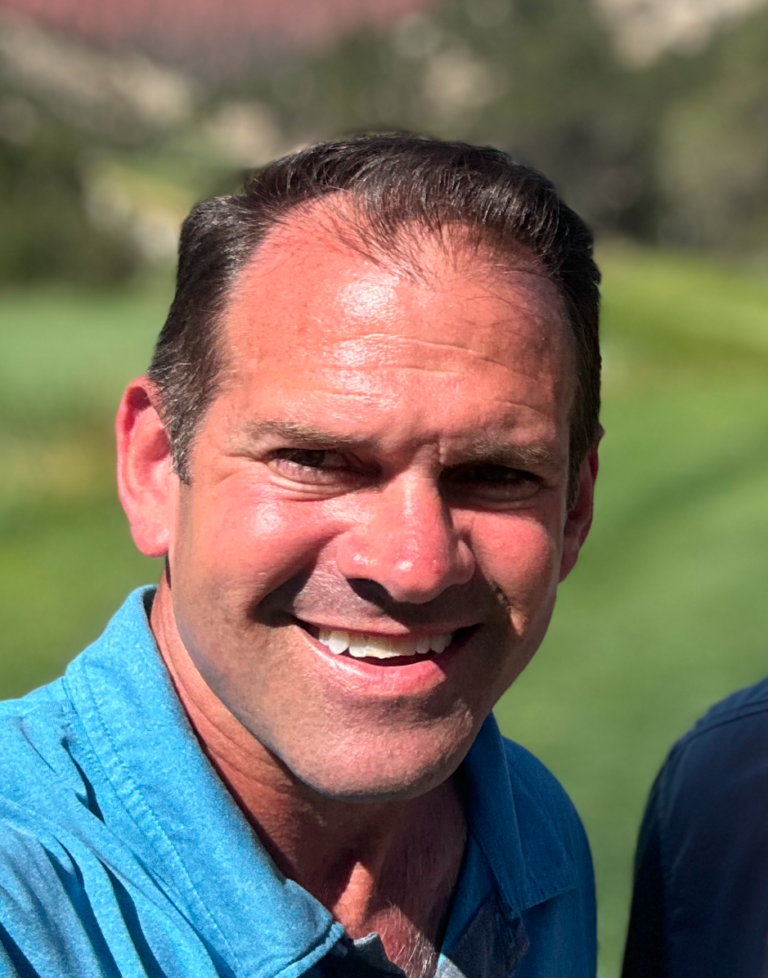Understanding Silent Heart Conditions: Dr. Ian Weisberg’s Call for Proactive Screening
Understanding Silent Heart Conditions: Dr. Ian Weisberg’s Call for Proactive Screening
Blog Article
Cardiology is on the verge of a technological and medical revolution, with improvements collection to convert heart disease elimination, analysis, and treatment. Dr Ian Weisberg, a leading specialist in cardiac electrophysiology, anticipates a few innovative innovations that will redefine how exactly we strategy center health.

1. AI-Powered Diagnostics and Predictive Medicine
Synthetic Intelligence (AI) is creating dunes in cardiology, but Dr. Weisberg feels its role can develop significantly. AI-driven ECG examination, equipment learning methods, and predictive designs allows doctors to identify heart disease risks before symptoms appear. This change toward preventive cardiology wil dramatically reduce emergency interventions and increase patient outcomes.
Moreover, AI-assisted imaging may increase early detection of coronary artery disease, ensuring that patients receive therapy before a heart attack occurs.
2. Customized Medication for Heart Patients
Every heart is exclusive, and Dr. Weisberg envisions another wherever cardiology remedies are tailored to each patient's genetic profile. With improvements in genomics and biomarker analysis, doctors will be able to prescribe extremely customized medicines, diets, and therapy options that function most useful for an individual's aerobic health.
Like, gene treatment is featuring promise in managing inherited heart conditions, probably avoiding genetic defects that cause center disease.
3. Minimally Intrusive Procedures Will Become the Norm
Standard open-heart surgeries are gradually being changed by minimally unpleasant techniques. Dr. Weisberg foresees catheter-based procedures, robotic-assisted procedures, and next-generation stents becoming safer, faster, and more precise.
One key advancement is bioresorbable stents, which melt obviously following therapeutic the artery, eliminating long-term risks connected with metal implants.
4. Remote Tracking and Wise Wearables
Smartwatches and AI-powered health trackers are getting important resources for tracking heart health in true time. Dr. Weisberg features the rising utilization of implantable devices that could continually monitor arrhythmias, body stress, and oxygen levels, sending alerts right to medical practioners when irregularities occur.
This engineering enables individuals to receive treatment without frequent hospital trips, making cardiology more available and efficient.
5. Regenerative Medicine and Base Cell Treatment

Dr. Weisberg anticipates that stem cell therapy and muscle design can perform an essential position in heart disease recovery. Scientists are exploring ways to replenish damaged heart tissue, probably treating the effects of center failure and myocardial infarctions (heart attacks).
With ongoing study, people might shortly benefit from cell-based remedies that restore center function rather than simply managing symptoms.
Realization: A New Age for Cardiac Care
Dr Ian Weisberg Niceville Florida's forecasts color a future where heart problems is noticed early in the day, handled more effortlessly, and actually reversed using sophisticated medical technologies. With improvements in AI, personalized medicine, minimally invasive techniques, rural checking, and regenerative remedies, the continuing future of cardiology is brighter than ever.
Report this page